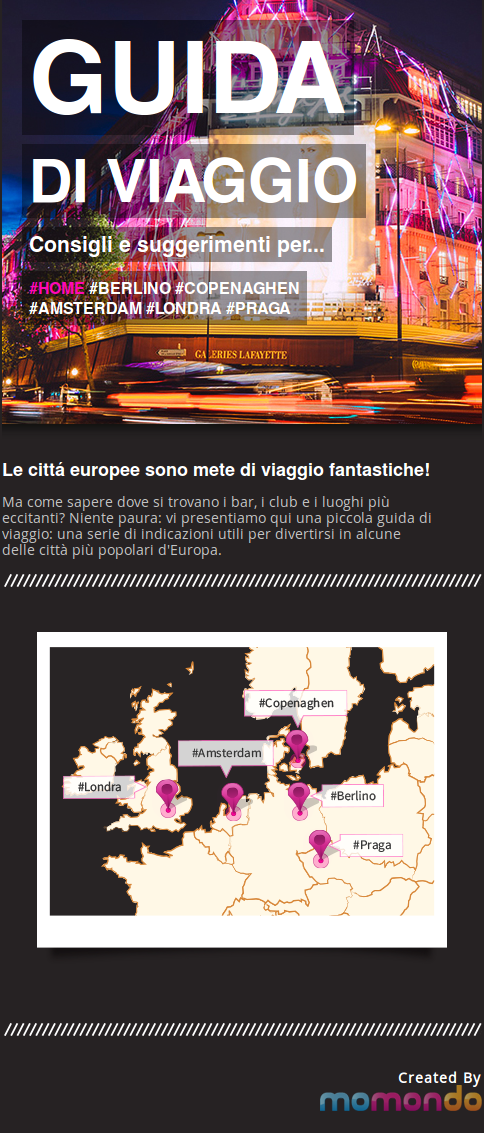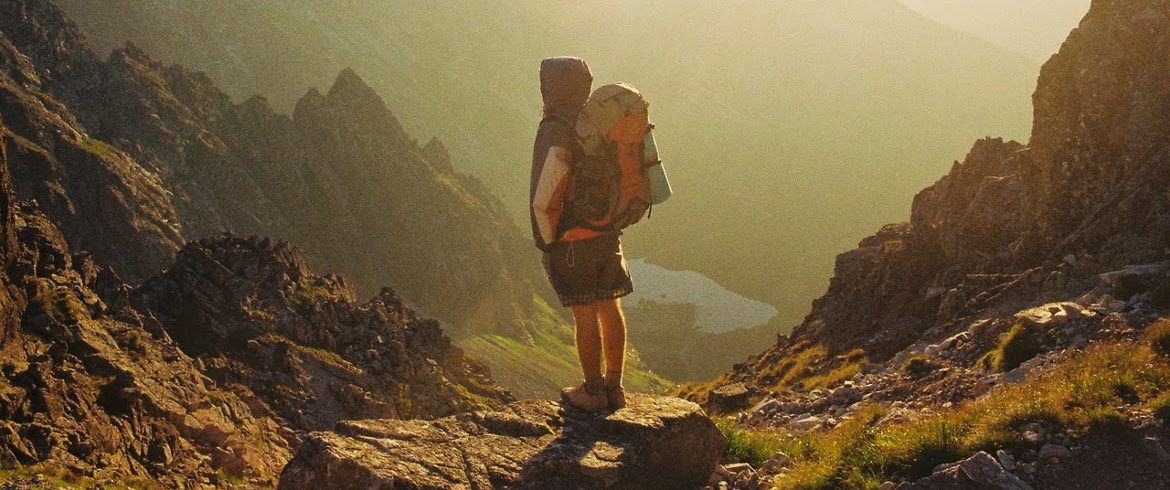At the time of Greeks, the guides were the priests, those who walked side by side along the paths of the pilgrims of the Via Francigena, accompanying them in their religious trips.
The guide is always the interpreter, who can tell the invisible, who can “make the stones speak,” to transform the scenery you pass through in stories and myths, and to transform the tourists into the protagonists of the story. The perfect guides are those who can make the place alive, just through their words.
Today, however, who are the guides of our travels?
For some there are books and paper guides, although they are increasingly on the decline (is in 2013 the news that one of the most historic paper guides, the Lonely Planet, was in danger of closing!)

Forget the long and detailed information of the places, with dates and historical figures, of traditional paper guides. The web has a different speed, and also the information must be rapid.
For exemple, one of the latest online guides that I have discovered, Momondo , surprised me for its ability extreme synthesis.
The information for each capital city to visit are reduced to four: typical expressions, drinks, nightlife and the surrounding area. So, if you go to London you must know the word “tube” (subway), while if you go to Amsterdam the right expression to use in the bar: Koffie Koffie or verkeerd, which literally means coffee “wrong” and it indicates the coffee with milk.
The online guides reflect a more rapid tourism. The big cities are known for slogans and visit in 2 days (even low cost weekend in New York, departing from Europe). The time spent on the plane and in the hotel is more than what is passed to a table in a pub chatting with people, and observing real life flashing before our eyes.
To go back to being more discoverers of the world and less tourists we need of sure more time. Time to wander around and get lost, even without a tour guide, among the intricate alleyways of a city. Time for speack with a passer, discovering things that even the more detailed guide never tells us.
I’d like to think of a new way of traveling, with online guides, but also with real experiences, talking with people, adopting a tourist guides for a day or for a few hours between the inhabitants of a real city.
And you, what do you think? What is your ideal guide?
To read this post in Italian: Guide di viaggio, dai narratori al web
Cover image: ph. by Danka & Peter, via unsplash
